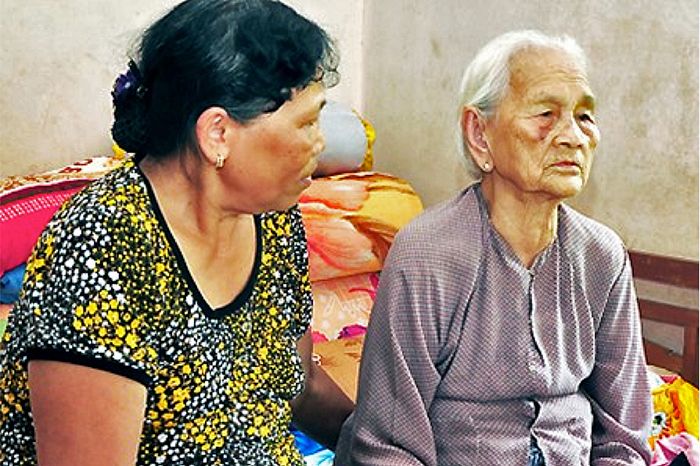Vietnam ranked 128th on the 2016 general Quality of Nationality Index, falling behind most of the Asia-Pacific region.
As the world careens toward further globalization, determining the value of one’s passport is now, in some ways, as important as quality of living within one’s home country. That’s why Henley & Partners, a global citizenship and residence advisory firm, developed the Quality of Nationality Index (QNI). The QNI uses a variety of factors — including human development within one’s home country, peace and stability, the potential for visa-free travel, and potential for its citizens to live and work abroad — to determine how valuable citizenship is the world over.
The Economist shed some light on the nuances of the index, suggesting it’s not just about how many countries one can travel to, but the quality of those countries and their economies. "Russian nationals can travel to over 100 countries without a visa, for instance, but none are rich economies," writes the news source.
The External Value of Nationality category was the sore spot for the Vietnamese passport, which only ranks 140th. Similarly, Vietnam did not fare well in the category of Travel Freedom. Business Insider explained that the Travel Freedom score: “ranks the ease of travel for citizens from almost 160 countries around the world, by looking at how many countries citizens can travel to without needing a specific visa.”
However, Vietnam’s citizens have a high success rate expatriating, demonstrated by its 46th position in Settlemen Freedom.
The United States, for example, ranked at 29th, below most of Europe. It has fallen from its highest spot at 24th (in 2013) behind most of Europe because of its lower Peace Index score.
Japan scored the highest of all Asian countries with an overall ranking of 31st and a Travel Freedom ranking of 7th.
Some Asian nationalities that scored lower than Vietnam were Laos (135th), Cambodia (138th), and Myanmar (148th). North Korea was not included in the study. The lowest ranked nationalities globally were for citizens in Pakistan, Afghanistan, Syria, and Sudan.
[Photo via Vietnammoi]














